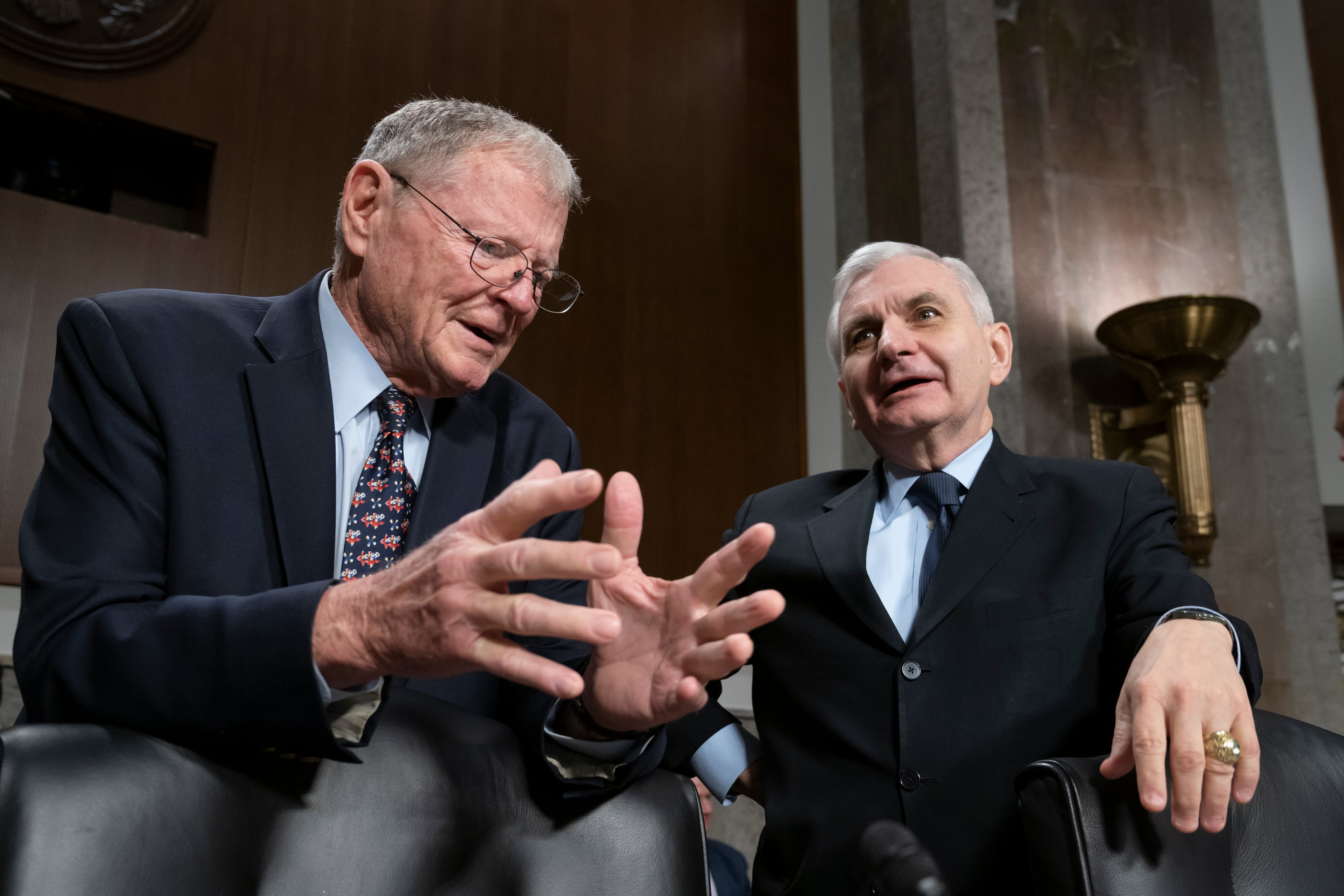House lawmakers would back White House plans for a 3.1 percent military pay raise and a boost of nearly more 1,500 active-duty troops but also block Defense Department plans to cut about 18,000 uniformed medical jobs under draft language in their annual defense authorization bill released Monday.
The plan, which House Armed Services Committee staffers dubbed “a focus on taking care of servicemembers and their families,” follow draft legislation released last month from Senate defense lawmakers. The full House committee is expected to vote on the proposals next week, and both sides are expected to take most of the summer to negotiate a compromise bill.
Unlike recent years, when the personnel section of the annual budget policy bill has included sweeping changes to retirement and promotions policies, this year’s draft largely builds on those actions with smaller moves.
RELATED

If approved, the 3.1 percent pay raise would be the largest for troops in a decade. It matches the figure proposed by the administration and the one mandated by law, although military officials have pushed for reducing that federal calculation in past years to save money for other force priorities.
For junior enlisted troops, a 3.1 percent pay raise would to about $815 more a year in pay. For senior enlisted and junior officers, the hike equals about $1,500 more. An O-4 with 12 years service would see more than $2,800 extra next year under the increase.
Already officials from the Senate Armed Services Committee and the House Appropriations Committee have backed that salary hike, making the pay raise a point of agreement in an otherwise contentious military budget plan.
House lawmakers are also proposing the same end strengths for the active-duty forces that the White House has requested: 480,000 personnel for the Army, 340,500 for the Navy, 186,200 for the Marine Corps and 332,800 for the Air Force.
But they did break with military and administration plans to shift nearly 18,000 uniformed medical billets — doctors, nurses, dentists and other specialists — into civilian jobs to increase the number of warfighting positions within the armed forces.
The draft bill would prohibit the Defense Department from making any such moves until medical end strength until analyses are conducted and officials have reported back on the availability of health care services around stateside military bases.
It would also reverse a decision made several years ago to do away with more junior troops’ eligibility for the Supplemental Nutrition Assistance Program, replacing it with a new basic needs allowance that will be automatic for qualified troops. Officials said the goal is to make sure military families have enough support to avoid serious financial problems.
The bill also includes several provisions to strengthen prosecution of sexual assault and other related crimes in the ranks, but the House version does not include language to make sexual harassment a military crime. Acting Defense Secretary Patrick Shanahan last month said he wants to criminalize the activity, and the Senate draft bill includes language to do so.
The measure includes several provisions to deal with military spouse unemployment issues, including raising the reimbursement amount for state licensure and certifications from $500 to $1,000.
The House Armed Services Committee’s personnel panel is expected to approve the draft language on Tuesday, and debate additional personnel provisions at the full committee mark-up on June 12.
Leo covers Congress, Veterans Affairs and the White House for Military Times. He has covered Washington, D.C. since 2004, focusing on military personnel and veterans policies. His work has earned numerous honors, including a 2009 Polk award, a 2010 National Headliner Award, the IAVA Leadership in Journalism award and the VFW News Media award.




